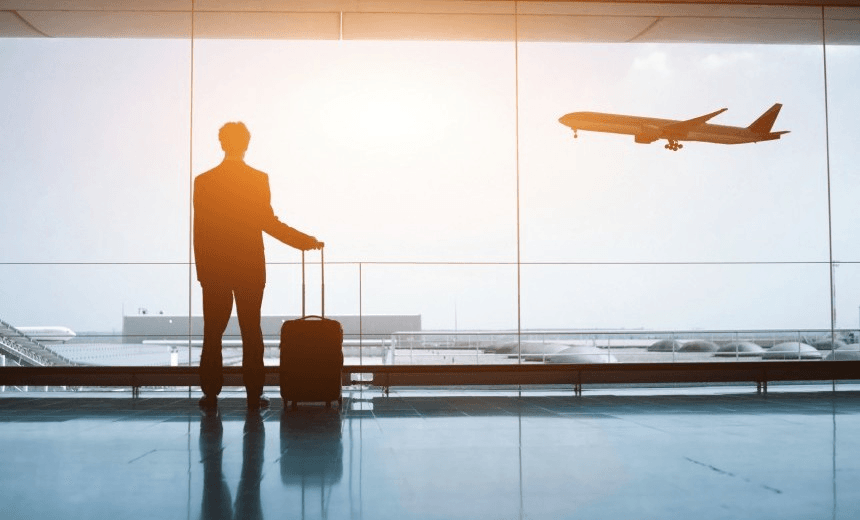Opinion: An illicit market has emerged for on-selling plane tickets, but instead of suffocating the idea, the airlines should be running it themselves, writes Wellington student Jack Close.
My time as a student away from home at the University of Otago can be summarised simply: $500 return flights. Motivated by the “beauty of the price system”, I found myself looking for alternatives to airfare-induced financial ruin, and my search led me to a fascinating but shady online marketplace. A black market.
I’m coming clean. I’m a member of an online student group, with more than 8,000 members, that is dedicated to avoiding some of the eye-watering prices for air tickets in New Zealand through the informal auction of second-hand flights.
The process is simple: someone lists their unwanted flight and someone else buys it. It may not be strictly legal. It is certainly in breach of conditions. You fly under the name of someone else. You usually pay for it via bank transfer. You are completely open to risk. But it is substantially cheaper.
Last week I flew down to Dunedin at the “so-cheap-it-can’t-be-legal” price of $50 return: the product of one of these underground exchanges. At relatively short notice you’d usually expect to pay $500 return, and now I’m paying $50? $450 that the airline didn’t get their hands on? Poor shareholders.
In fairness to the carriers, non-transferable ticket policy (ie no name changes) stems from a reasonable concern. They would probably emphasise security issues but it is primarily, surely, about revenue. Without non-transferable tickets, repugnant scalpers would be able to buy blocks of the cheapest tickets and on-sell them at a profit.
Making money off transferable tickets is good for the airline
Air New Zealand and Jetstar should instead be offering a service to on-sell tickets. The reality is that people buy flights that they sometimes don’t need, and now that there’s an apparently growing market in which to sell them, the airlines may be losing out on a lot of money.
Air New Zealand’s statement of financial performance for the year to 30 June 2015 reports $4.1 billion in “passenger revenue”. The national carrier, one of the world’s most innovative airlines, has the opportunity to sell seats more than once without any change in operating expenditure. If a seat is sold twice then the labour, maintenance and fuel are already accounted for on the first purchase. Even if only 1% of passengers on Air New Zealand flights decided to on-sell their tickets at cost price, this still means that roughly $41 million in “passenger revenue” is passing them by each year.
How might they get in on this market without incentivising scalpers to buy cheap tickets in blocks and hawk them down the line? Set up exactly the same service the existing black market is offering but regulate it and take a slice of every ticket on-sold – a 20% commission, say. Let Air NZ customers sell their tickets and offer the buyers a fully transferable ticket in their actual name.
If I could get through a boarding gate without the anxiety of pretending to be someone else, I would be happy to pay a premium.
The gains in passenger revenue might not be as mouth-watering as $41 million for free, but recapturing money that rightfully belongs to New Zealand’s golden child airline is sure to sell.
It’s also good for the customer
On-selling of tickets isn’t a bad thing. It increases overall customer satisfaction with more people flying to where they want to go and fewer people on the verge of panic attacks while attempting to reappropriate their gender in boarding queues. (Yes, people buy tickets in the names of opposite sex. It’s cheap.)
Legitimising and regulating such a process will bring scores of sceptical middle-aged customers to the fore. As it stands, the clandestine market is for the most part occupied by thrill-seeking students: a formal system would invite mainstream flyers to increase their consumer surplus.
Airfare prices are not efficient. If Air New Zealand regulated an on-selling service, it could capture the willingness of more customers to pay money. Not only is this more efficient, but it also makes the airline money while acknowledging the atrociously low incomes of cold Otago students.
So maybe I’m paying $60 for return flights to Dunedin instead of $50, but I still prefer that over $500. And why should Air New Zealand care? They’re getting an extra $10. Everyone wins.

